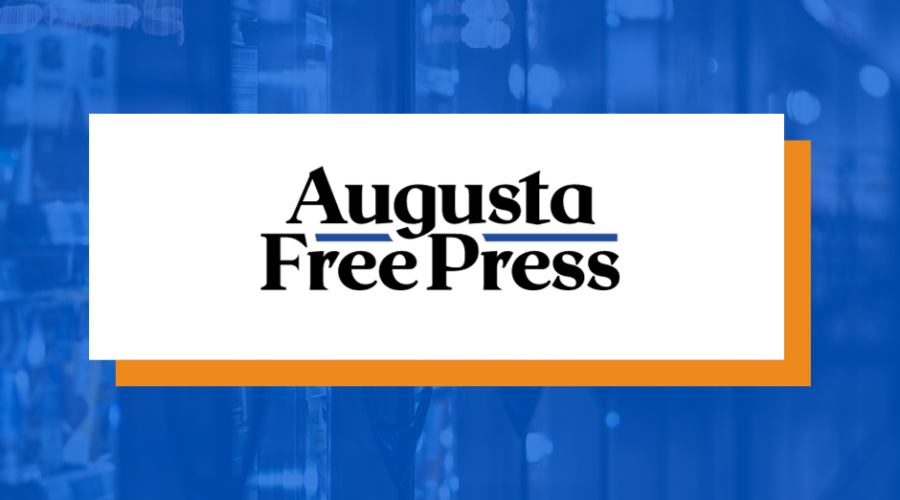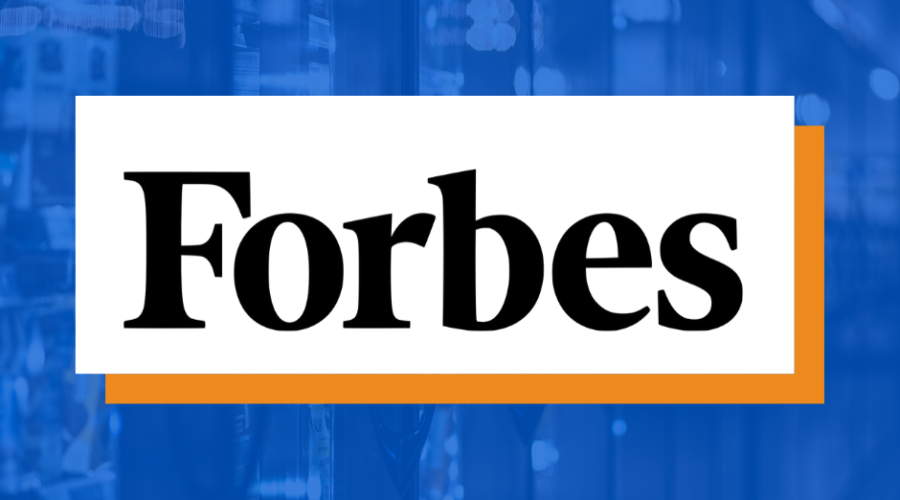Biden verteidigt China-Zölle trotz Kritik von Wirtschaftsverbänden
The administration is increasing tariffs on $18 billion in Chinese imports across a handful of sectors deemed strategic to national security, with a focus on clean energy goods.
Tariff increases will apply to important steel and aluminum, legacy semiconductors, electric vehicle battery components, critical minerals, solar cells, cranes and medical products from China. The new rates will range from 100% on electric vehicles to 50% for solar components to 25% for all other sectors, and will be imposed over the next two years.
Several goods and technologies imported from China will have their tariffs more than quadrupled. For example, electrical vehicle tariffs will rise from 25% to 100%, and levies on Lithium-ion batteries will increase from 7.5% to 25% by 2026.
The election-year maneuver comes as Mr. Biden looks to project himself as tougher on China than Mr. Trump. During his administration, Mr. Trump imposed more than $300 billion in tariffs on Chinese goods.
Herr. Biden, during the 2020 election, criticized the tariffs, saying they pass pain along to the consumer. However, since taking office Mr. Biden has left Mr. Trump’s tariffs on China in place.
Several business groups criticized Mr. Biden‘s action, saying tariffs often backfire and raise consumer prices and inflation. After Mr. Trump slapped tariffs on China, Beijing hit back with tariffs on $101.4 billion in U.S. exports in retaliation. That affected 294,000 American export-related jobs, according to a Brookings Institute Study.
Lesen Sie den vollständigen Text hier





